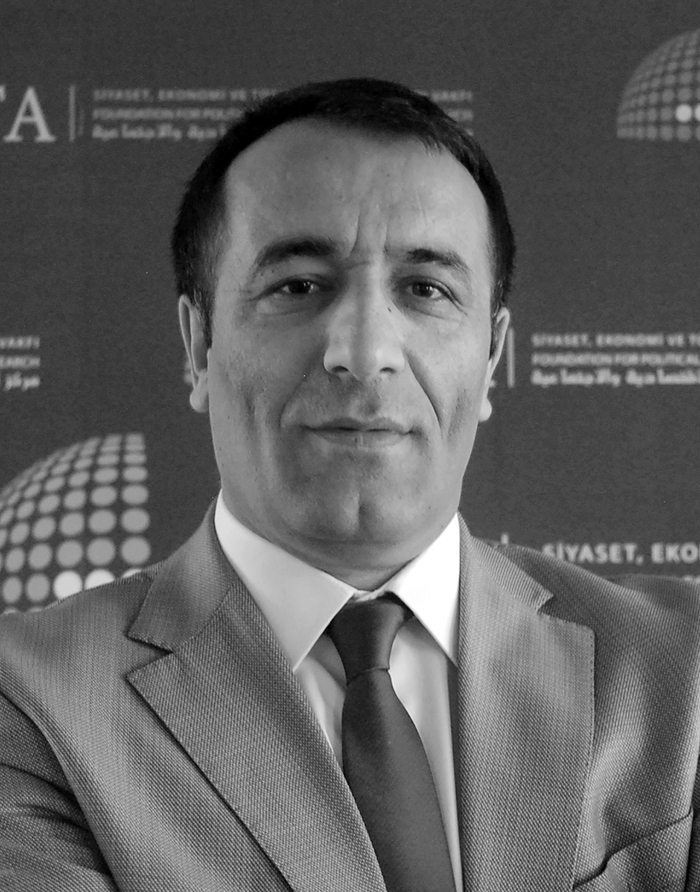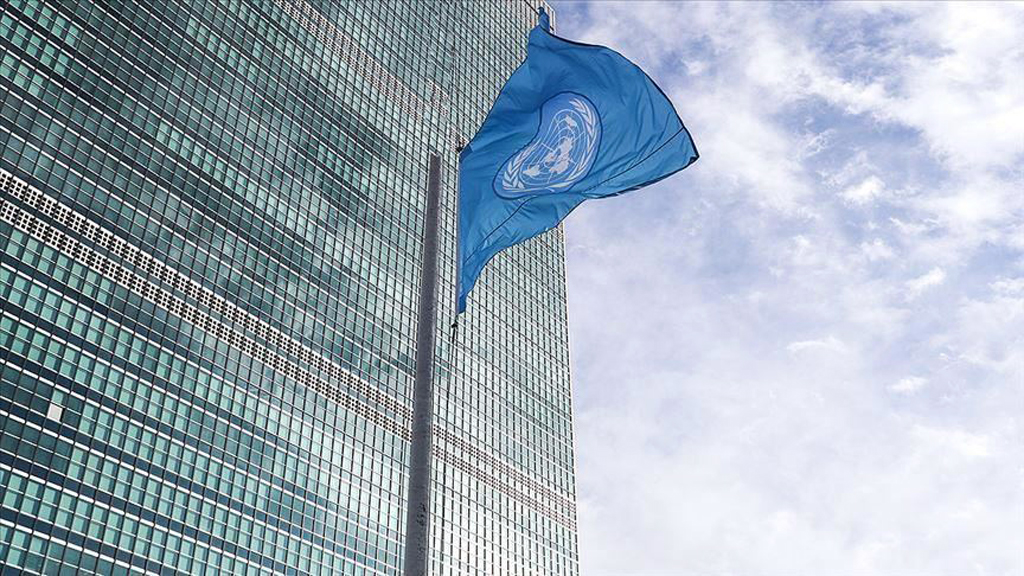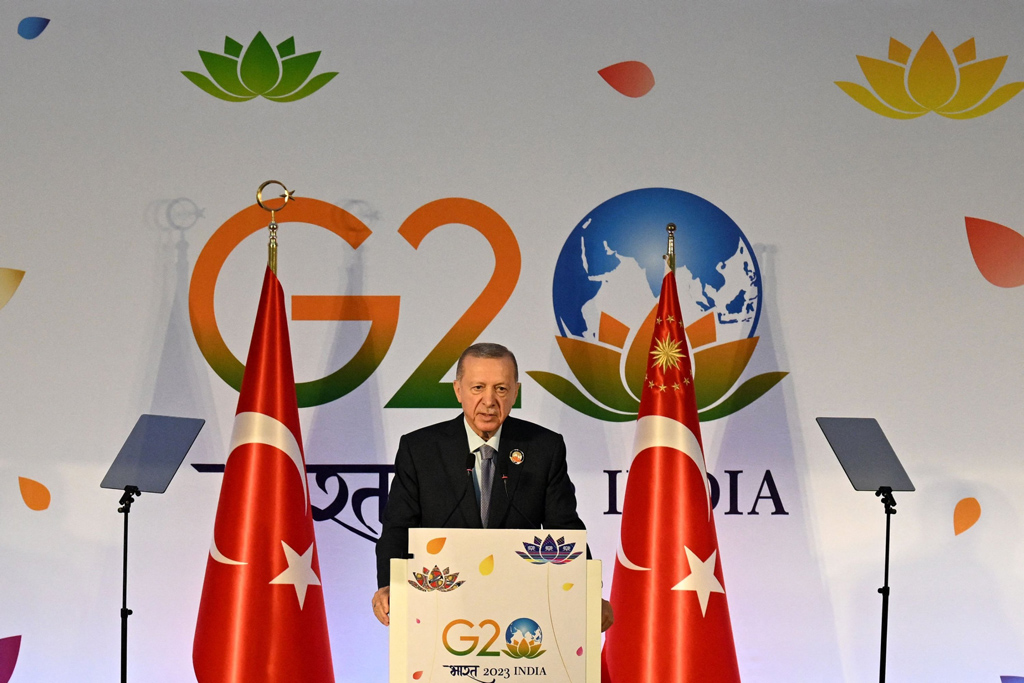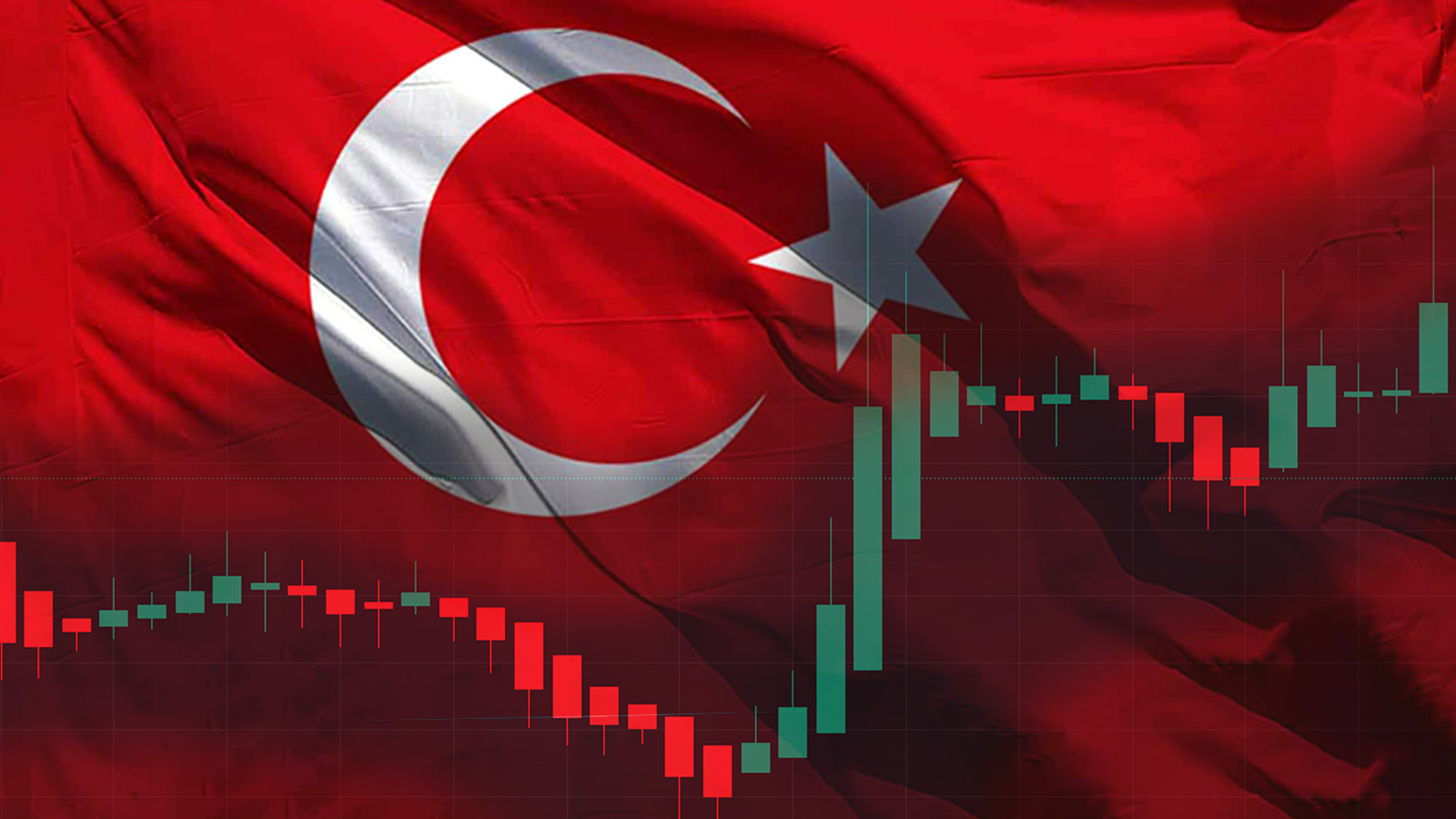The global economic crisis which emerged in 2008 had a deep impact particularly on EU countries in the last year. During this period, developed economies shrank to a great extent and, in developing countries, high amounts of capital outflow have been witnessed. Despite the shrinkage between the final quarters of 2008 and 2009, the Turkish economy continued to grow steadily from the end of 2009 through the third quarter of 2011. Turkey’s economy grew at 9.6 percent in the first 9 months of 2011 to become the fastest growing country in the world. Turkey sustained the highest growth rate in EU zone and the Turkish economy has successfully resisted the effects of internal and external crises. During a period of crisis and uncertainty in the global markets, Turkey enjoyed both a balanced budget and a healthy environment for investment. Moreover, as of the third quarter, the decrease in unemployment and the corresponding reflection of economic growth in employment boosted the level of overall welfare. This decrease in unemployment meant that Turkey had the highest rate of employment among the G-20 countries. According to the Turkish Statistical Institute, the unemployment rate for September (not seasonally adjusted) was 8.8 percent. As a result, the argument that growth didn’t create employment can be refuted.
The Eurozone debt crisis and the Turkish economy
The government’s austerity program and the central bank’s policy to cool the economy by bursting the credit bubble as a measure to protect against the Eurozone debt crisis, in addition to the increasing current account deficit resulted in a minor slowdown in consumption and investment. Despite the decrease in foreign demand, net exports positively contributed to the growth rate as seen in the increase in export rates. The Turkish lira depreciated as a consequence of the central bank’s abandonment of its high interest-low exchange rate policy, which will also likely result in a long-term increase in exports.
During this period, the Turkish economy enjoyed a high growth rate; the balance of domestic and foreign demand was sustained as expected; consumer demand slowed down and the contribution of net exports to the growth rate rose. As a result, the tendency of the current account deficit to swiftly increase was kept under control. Moreover, sustainable growth was attained and the competitive capacity of the economy increased despite negative externalities. Nevertheless, the EU debt crisis continues, provoking concerns about the countries which represent half the destinations for Turkey’s exports.
Expectations for 2012
It is generally expected that global economies will continue suffering the effects of recession in 2012 as a result of the ongoing debt crisis and shrinking demand. During a time in which the sustainability of public finance is quite significant as the ratio of public debt and the budget deficit to GDP is high in many countries, notably EU states, this ratio in Turkey remained below the Maastricht criteria. Success in public finance paved the way for Turkey to distinguish itself from many other developing nations and removed the expected uncertainties for 2012. Turkey has proven how different its economic activities are and, with a record level of economic growth, how dynamic its economic structure is compared to other developed countries. Although all the macroeconomic indicators are positive, the increase in the current account deficit parallel with economic growth provokes some concerns for structural reasons. However, adopting recommendations for slowing economic growth would, without a doubt, be the worst solution to the current account deficit. Growth dynamics should be sustained despite drawbacks.
Therefore, to sustain economic growth in a sound and stea









